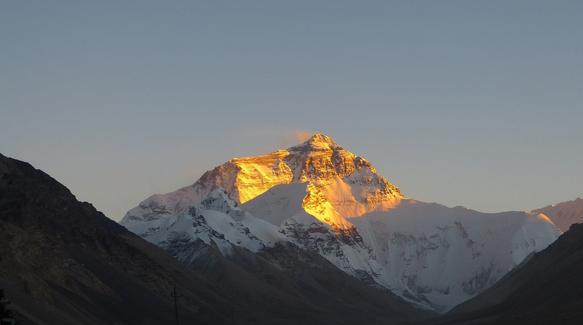Why is the higher the altitude, the lower the temperature? Isn't it closer to the sun?

We all have this feeling in our lives that the closer we are to the fire, the hotter it is. And the sun can be seen as a huge "fire pile", so in theory, the closer to the sun, the hotter it is?
It's not like that. The range of the earth's fire can be warm is very limited, a small change in distance will have a great impact, and this change will be very obvious. Because the distance between the earth and the sun reaches 150 million kilometers, this is only the average distance. The difference between the apogee and perihelion of the earth is about 5 million kilometers.
If I tell you, for the earth's northern hemisphere, the earth is in summer at apogee, that is to say, the earth is at its hottest time when it is farthest from the sun, do you believe it?
But that's what it is! What does that mean? Distance from the sun is not the key to hot and cold. Simply think about it, the apohelion is 5 million kilometers farther from the sun than the perihelion, and it can't affect the heat and cold of the earth's northern hemisphere (or even on the contrary), and the altitude of that point on the earth is even more negligible.
The highest Mount Qomolangma in Shanghai is less than 10000 meters, almost negligible compared with 5 million kilometers, and the distance from the earth's sun of 150 million kilometers is negligible!
There are two key factors affecting the degree of earth's cooling and heating: the direct sunlight and the heat absorbed by the earth. The more direct the sun is, the higher the ground temperature is. For example, the temperature in the equatorial region is higher all the year round. When the sun irradiates the earth, part of it is absorbed by the ground and the atmosphere, among which the ground absorbs more, resulting in higher temperature in the places closer to the ground. At the same time, as the altitude increases, the air becomes thinner, and the ability to absorb and lock in heat decreases! Take Mount Qomolangma as an example. The higher the altitude, the thinner the air and the lower the air pressure. That is to say, the fewer air molecules in a certain space. For air molecules, the more space they have, the less chance they will collide with neighboring molecules, and the less heat they will generate, so the temperature will be lower. On the other hand, the higher the altitude, the thinner the air, the less absorption of long wave radiation from the ground during the day, and the worse the heat preservation effect of the atmosphere at night. This is just like a room with slow heat absorption and fast heat dissipation, and naturally lower temperature. That's why Venus is not the closest planet to the sun, but the planet with the highest average temperature.
In fact, we have already got a numerical relationship about the relationship between altitude and temperature: in the troposphere, the temperature drops by about 0.6 degrees for every 100 meters of elevation.
Of course, if you are close enough to the sun, the distance factor will be decisive. For example, if you are only 10000 kilometers away from the sun, it is estimated that you will be scorched!